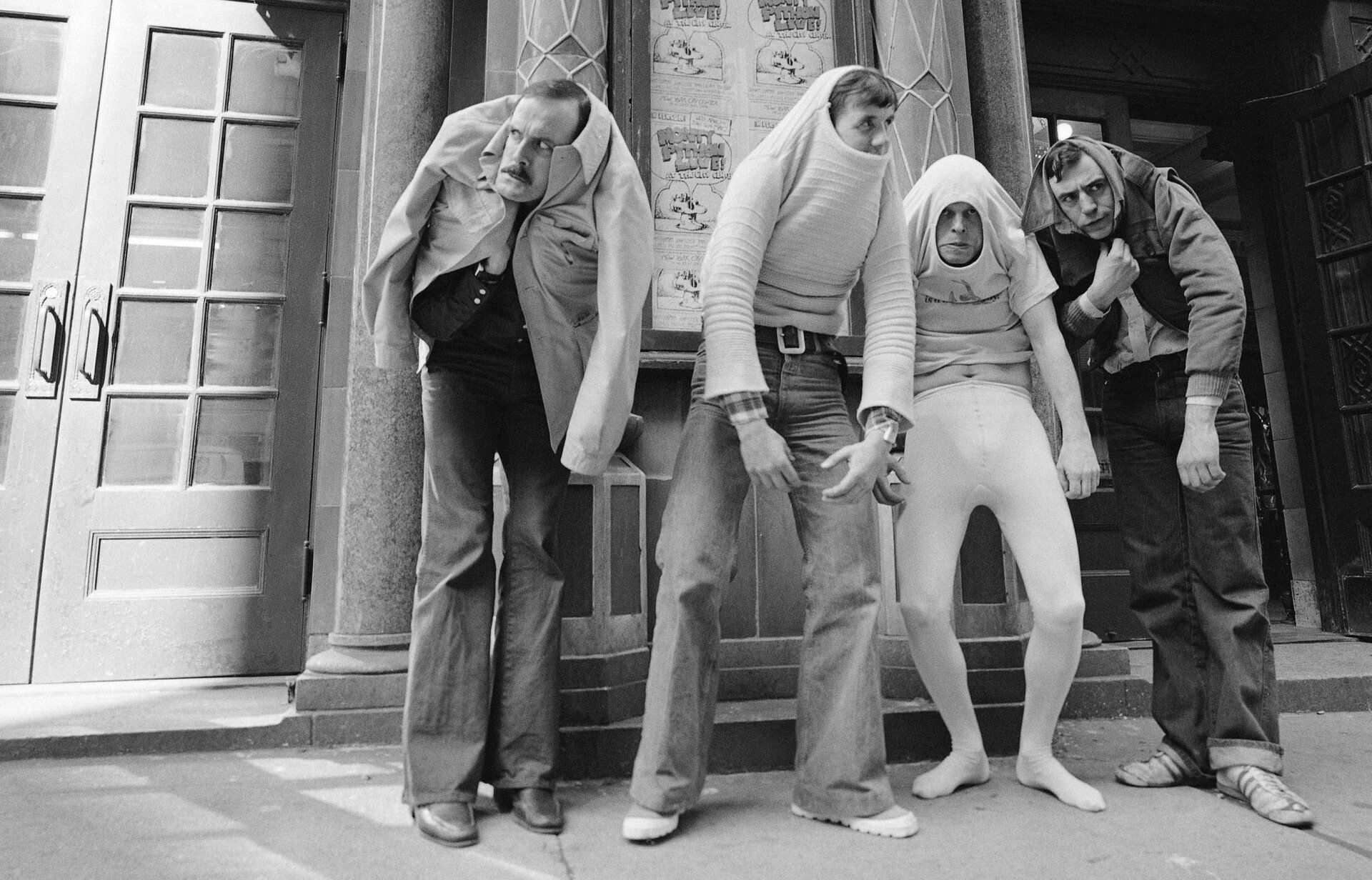Has Social Media Gone Too Far?
Love it or loathe it social media is a fixture of the modern lifestyle. Or at least it has been for the past decade or so. But is its ever increasing role in our lives both a signal of its success and its failure?
There are many now defunct social media platforms, MySpace being perhaps the biggest giant to fall and, whilst it still exists in some format, the platform we all know ceased to have any real cultural or digital impact around 2009.
Numerous factors drove that decline but one of the major contributors was the rise of a rival; Facebook.
The more user-friendly platform, despite initially requiring users meet the highly niche criteria of having a Harvard email address to sign up, went on to attract billions of users across the globe.
Subsequent platforms, such as Twitter, were quick to follow. And the thirst for social media has continued at great pace and led to the creation of juggernauts like Snapchat and TikTok.
What do all these platforms have in common? Data.

As marketers, being able to understand demographics in detail is invaluable. Knowing an individual’s interests, hobbies, age, location and much more can really help us generate a return on investment for clients.
It needn’t be the scary Big Brother image that some are keen to cultivate for the industry.
I’m a firm believer that the best marketing and advertising is actually helpful to the user. Bombarding potential customers with volumes of ads or things that they’re not interested in is just a waste of time for everyone. The real key is in creating value and improving the experience.
And social media is one of, if not the most, valuable tools a marketer can have in reaching a large number of people in a relatively easy way. It’s what made platforms, such as Facebook, reach astronomical valuations in incredibly short periods of time, often when they had yet to even really turn a profit.
But this only works if those users remain on the platform. In order for users to stay put they need to feel safe, valued and as though they’re getting value. If said platform becomes purely a vehicle for advertising then people won’t hang around for long.
Whilst the vast numbers of users and algorithms implemented on social platforms can have value, they have been guilty of putting the platform first and, in extreme cases, even manipulating the user.
Users are simultaneously a valuable asset for platforms but also incredibly delicate. If users vote with their feet
then the company is left with very little. See the aforementioned MySpace. This has been brought into sharp focus
in recent months.
Facebook was brought into disrepute for the way it allowed its algorithms to be hijacked to promote ‘fake news’
surrounding, amongst other things, the Covid 19 pandemic, Brexit and the US elections.
More recently, there has been resistance to Elon Musk’s purchase of Twitter and what his plans for the behemoth
might look like. We’re yet to see the long term impacts these issues are having on wider social media use, however, it’s fair to say that people are becoming more aware of the negatives. It was only in February this year that Facebook recorded its first ever decrease in daily active users, by a whopping 500,000.
In fact, it’s not even called Facebook anymore! The platform might still go by that name but the company has rebranded to Meta, in an attempt to distance itself from negative publicity and scandals garnered over the years.
Ultimately, social media has become so ingrained in us as a global population that it’s difficult to see it disappearing any time soon. But perhaps it is time for a little reflection. As marketers, as users, as the platforms themselves.










